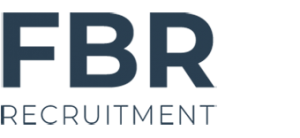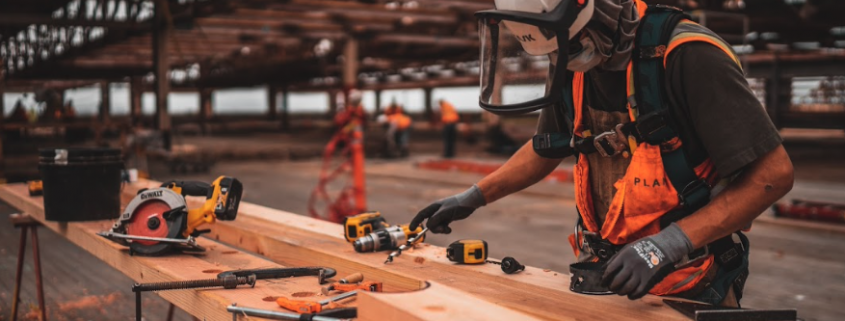As each industry evolves with society and technology, one common theme that is asked of us as recruiters is whether or not construction is a good career path. This question expands across all industries, but since we are heavily focused on construction recruitment let’s look at this in more detail.
Construction as an industry is one that will never cease to exist. In some shape or format, there will always be a need and demand for skilled construction workers. The construction industry is what enables our society to travel through countries as we do, as well as have the homes and infrastructure that we have.
Construction as an industry is essential. However, that does not mean it is right for you. Consider all that is involved in construction and decide whether or not construction is a good career path for you.
The pros and cons of working in construction
Each industry, each role, has its own good things and bad things. It all depends on what you are looking for and what you are happy to do in order to work within a role you enjoy.
Construction career paths are not immune to this either. Each person’s preference ultimately drives whether or not they enjoy an aspect of their role. Some prefer to work outdoors, while others prefer to do a desk job.
The construction industry has a vast number of jobs and each is different. Read in more detail about the pros and cons of construction, but take it with a grain of salt. What you enjoy and like will ultimately be different to someone else.
Job opportunities in construction
There are a wide variety of job opportunities in the construction industry. The first thing to consider is which avenue you want to work in.
There are various entry level positions available within the construction industry. Such as:
- Labourers
- Ground workers
- Finishing floormen
Opportunities are always available within the construction industry due to the continued demand and development of key parts of society. Working with a recruitment agent will open you up to all the possible job opportunities available within the industry.
How to build a career in construction
The way one person builds a career in construction will vary depending on their age, skills, qualifications and experience. For some, they began working in construction from an early age and continued to expand based on the opportunities provided to them.
Others decided on a more direct career path through specific qualifications gained at college and university. Another way into construction work is by working with an apprenticeship scheme. This will provide you with the ability to learn on the job and gain the experience required to continue your career.
There is no right or wrong way into building a career in construction. The important thing to do is research the part of the industry you wish to work in and tailor your opportunities around that.
Continue working on key skills to help you grow within the industry and develop your career. You can do this by going on all relevant training courses, and asking if there are any other opportunities available for you to expand your knowledge.
Employers are keen to help people develop their skills as it ultimately benefits the business in the long run.
Here at FBR, our construction recruitment specialists are able to help you find the role that is right for you. Helping you check your qualifications, experience and ultimately guide you into the right career path. Contact our team today or view our jobs board for current vacancies.



